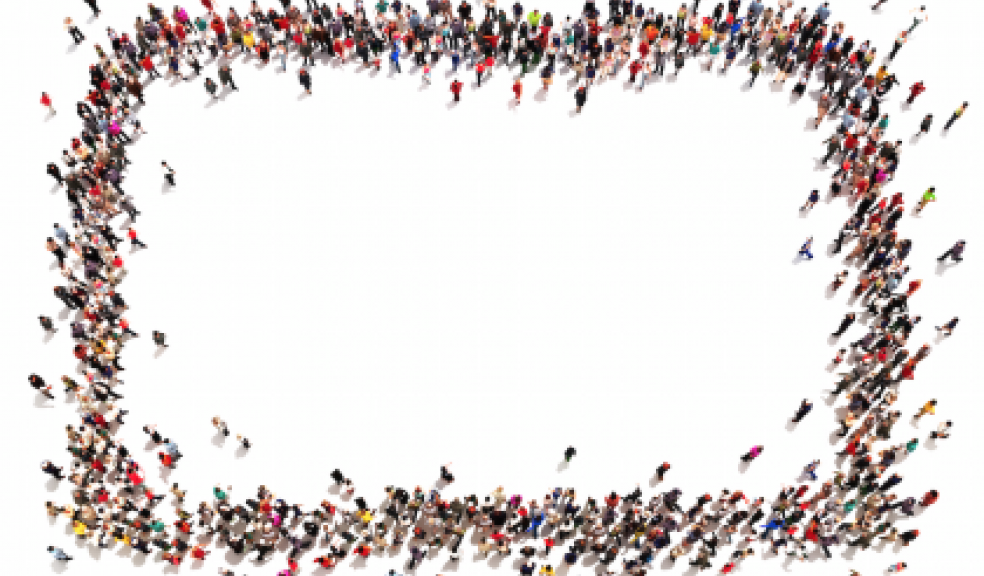
Are we programmed to make bad decisions?
A natural desire to be part of the ‘in crowd’ could damage our ability to make the right decisions, a new study has shown.
Research led by the University of Exeter has shown that individuals have evolved to be overly influenced by their neighbours, rather than rely on their own instinct. As a result, groups become less responsive to changes in their natural environment.
The collaborative international study, which includes academics from Princeton University and both the Sorbonne Universites and Institute for Research in Computer Science and Automation (INRIA) in France, is published in the Royal Society journal Interface.
Lead author of the report, Dr Colin Torney, from the University of Exeter’s Mathematics department explained: “Social influence is a powerful force in nature and society.
“Copying what other individuals do can be useful in many situations, such as what kind of phone to buy, or for animals, which way to move or whether a situation is dangerous.
“However, the challenge is in evaluating personal beliefs when they contradict what others are doing. We showed that evolution will lead individuals to over use social information, and copy others too much than they should.
“The result is that groups evolve to be unresponsive to changes in their environment and spend too much time copying one another, and not making their own decisions. “
The team used mathematical models to look at how the use of social information has evolved within animal groups.
By using a simple model of decision-making in a dynamic environment, the team were able to show that individuals overly rely on social information and evolve to be too readily influenced by their neighbours. The team suggest this is due to a “classic evolutionary conflict between individual and collective interest”.
Dr Torney said: "Our results suggest we shouldn't expect social groups in nature to respond effectively to changing environments. Individuals that spend too much time copying their neighbours is likely to be the norm."
The study, Social information use and the evolution of unresponsiveness in collective systems, is published in the journal Interface on December 17 2014.











